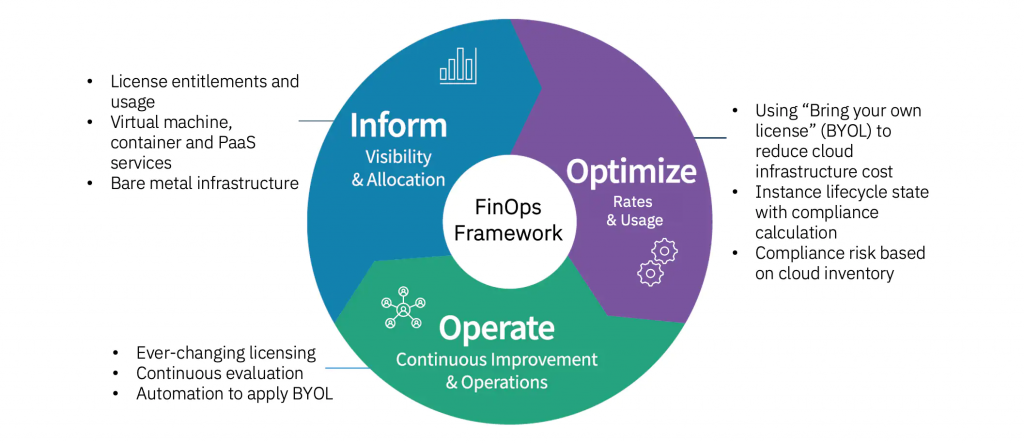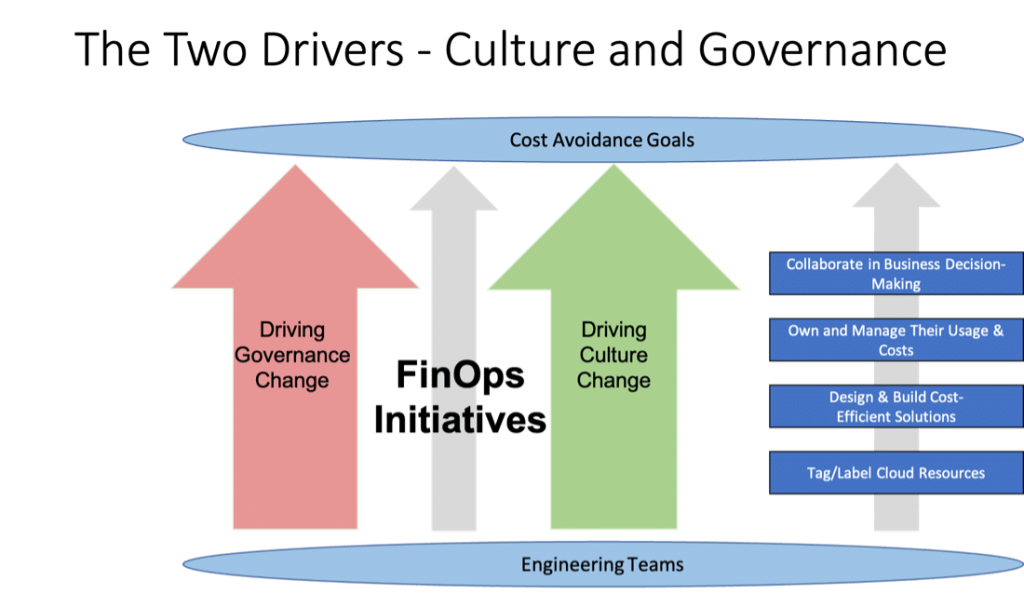
Are you ready to dive into the world of FinOps? If you’ve never heard of it before, don’t worry – you’re not alone. FinOps is a relatively new concept that has been gaining traction in the tech industry. In this article, we’ll explore the basics of the FinOps framework, how it works, and why it’s becoming increasingly important for organizations of all sizes.
What is FinOps?
FinOps (short for Financial Operations) is a framework that helps organizations manage their cloud costs. It’s a combination of practices, tools, and culture that aims to optimize spending in the cloud. As more and more companies move their workloads to the cloud, managing costs has become a critical component of their operations. FinOps provides a structured approach to cloud cost management that allows organizations to understand and control their cloud spending.
How does FinOps work?

FinOps is based on three core principles:
- Accountability
- Optimization
- Culture
Accountability
The first principle of FinOps is accountability. This means that everyone involved in cloud cost management needs to be accountable for their actions. This includes developers, operations teams, finance departments, and business leaders. By holding everyone accountable, organizations can ensure that cloud costs are managed effectively.
Optimization
The second principle of FinOps is optimization. This involves identifying opportunities to optimize cloud spending. For example, organizations can use tools to monitor their cloud usage and identify areas where they can reduce costs. They can also implement policies to control cloud spending, such as setting budgets and implementing automation to shut down unused resources.
Culture
The third principle of FinOps is culture. This involves creating a culture of cost-awareness within the organization. This means that everyone involved in cloud cost management needs to understand the impact of their actions on cloud spending. By creating a culture of cost-awareness, organizations can ensure that cloud costs are managed effectively.
Why is FinOps important?

FinOps is becoming increasingly important for organizations of all sizes. Here are a few reasons why:
Cost Optimization
One of the primary benefits of FinOps is cost optimization. By implementing FinOps practices and tools, organizations can identify areas where they can reduce cloud spending. This can result in significant cost savings over time.
Cloud Governance
FinOps also helps organizations implement effective cloud governance. By holding everyone accountable for their actions, organizations can ensure that cloud resources are used effectively and efficiently.
Business Agility
Finally, FinOps helps organizations achieve greater business agility. By reducing cloud costs, organizations can invest more in innovation and new projects. This can help them stay ahead of the competition and respond quickly to changing market conditions.
Conclusion
In conclusion, FinOps is a framework that helps organizations manage their cloud costs. By implementing FinOps practices and tools, organizations can optimize their cloud spending, implement effective cloud governance, and achieve greater business agility. As more and more companies move their workloads to the cloud, FinOps is becoming an increasingly important part of their operations. So, if you haven’t already, it’s time to start exploring the world of FinOps!
- Building a DevOps Culture: Tips and Strategies - April 4, 2024
- Why Understanding DevOps Could Be Your Key To Success In The Music Industry - April 4, 2024
- Top Picks: The Best Laptops for Graphic Designers in 2024 - March 31, 2024

